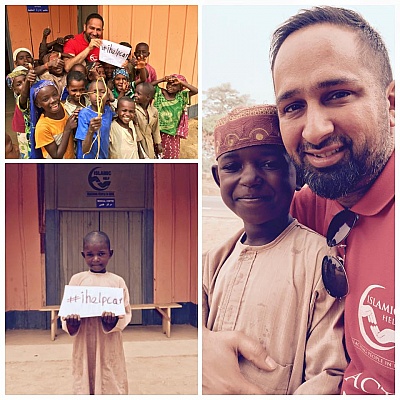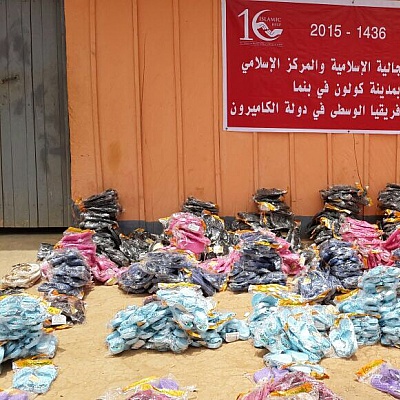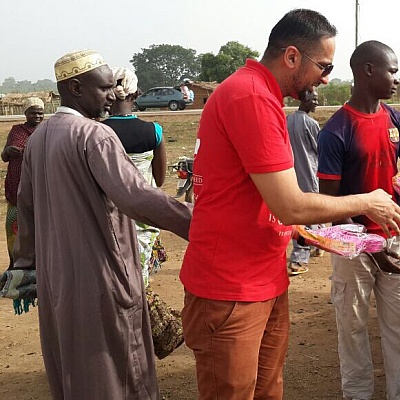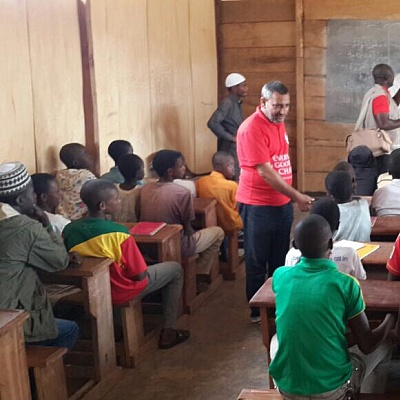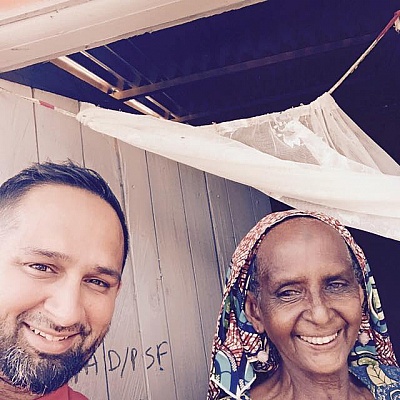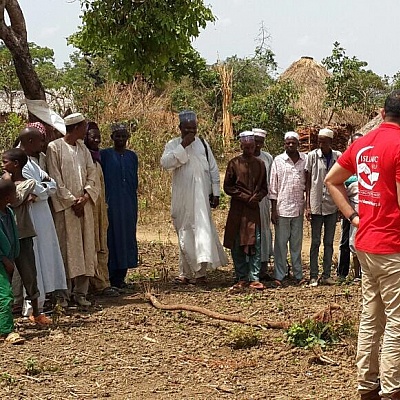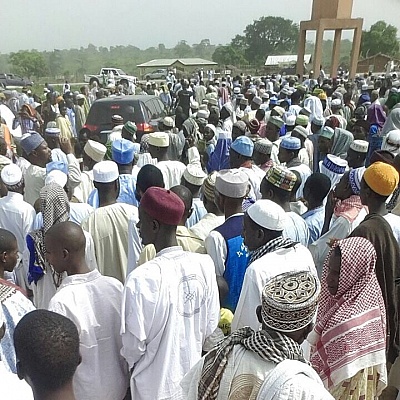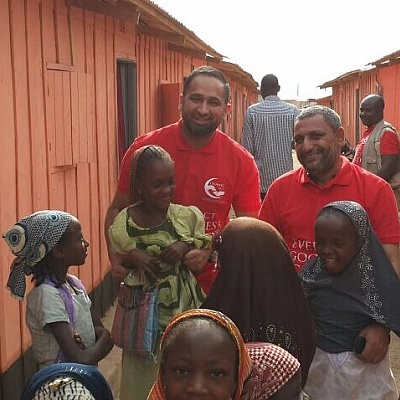Aid distribution for Central African Republic refugees
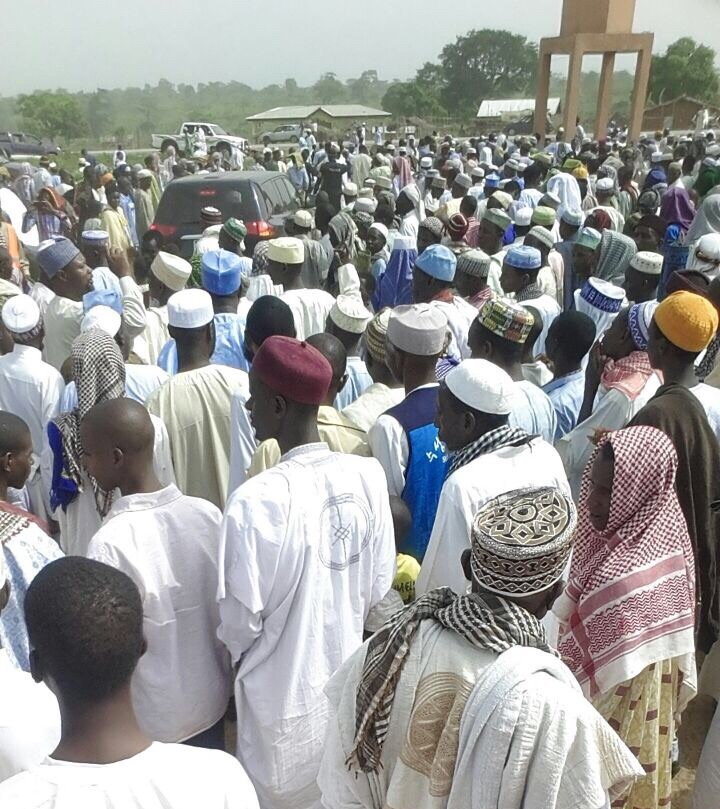
Islamic Help has carried out a major food and aid distribution programme at its camp for refugees from the Central African Republic.
A team from the UK joined forces with staff at the camp in Garoua Boulai, Cameroon, for the project which ensures all the refugees in the camp have enough food to sustain them for a month.
As well as the food distribution, three 40-ft long containers of shoes from Islamic Help donors were distributed in the camp and neighbouring villages.
The refugee camp started housing families in October 2014. It has shelters for 200 families (approx. 1,500 individuals) who have fled the ethno-religious violence in CAR. Many have lost their families, relatives, homes and livelihoods in the conflict.
Islamic Help’s fundraising and communications director Zaheer Khan, who was part of the UK team, said the refugees’ survival depended on the goodwill and generosity of the charity’s donors as the international community appeared unable or unwilling to help.
“I spent time assessing the camp’s facilities including the homes, the school, the water wells, the medical centre, the mosque, and interviewing dozens of beneficiaries who are all supported by Islamic Help’s donors,” he said.
“I have visited the minister’s office here in Garoua Boulai and explored potential livelihood and health and hygiene projects. It’s a great project that’s given the refugees hope and security but further support and funding is needed if that’s to continue.
“I’d appeal to our supporters to back our #iHelpCAR campaign because the plight of these people is not prominent in the mainstream media and the international community appears, by and large, to be either unwilling or unable to help.”
The refugee camp features family shelters, cooking and sanitation facilities, solar-powered lighting, a school for the children and a mosque. The camp is a partnership between Islamic Help, the Islamic Development Bank and the Centre Culturel Des Musulmans Pour Le Developpement (CCMUD). As well as the camp in Cameroon, the partnership has constructed a similar-sized facility in Yelwa in the Central African Republic itself which will house 1,500 internally displaced people, including Muslims and non-Muslims.

